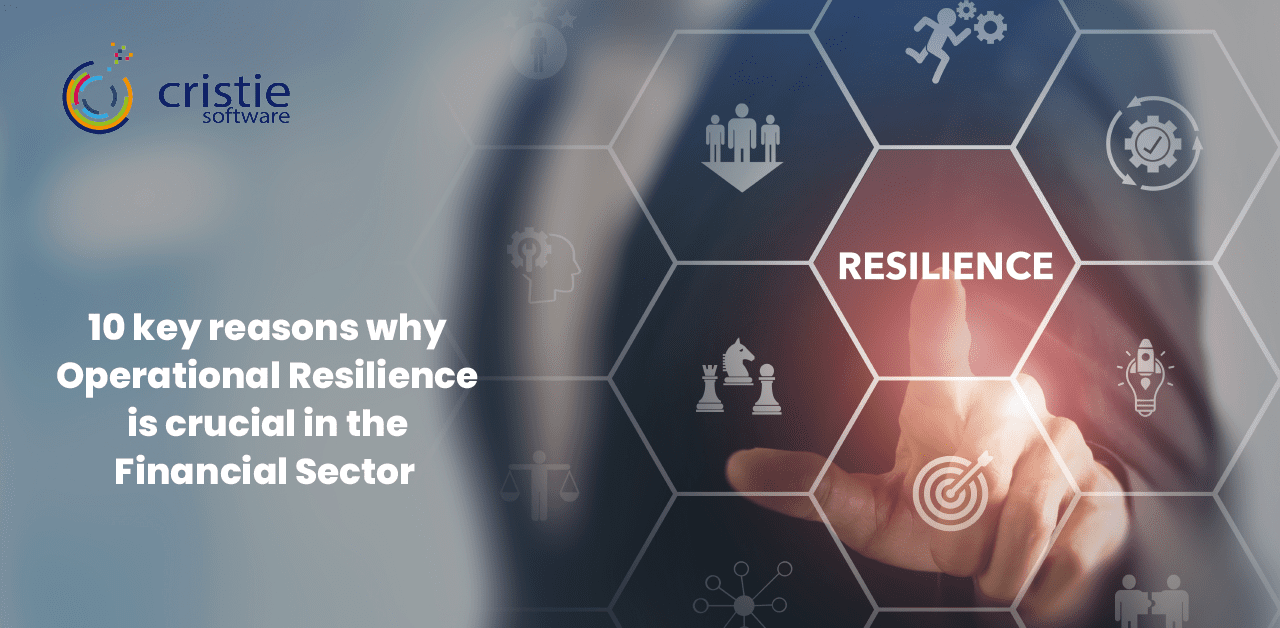This website uses Google Analytics to collect anonymous information such as the number of visitors to the site, and the most popular pages.
Keeping this cookie enabled helps us to improve our website.
This website uses the following additional cookies:
- Leadlander
We would like to follow up Business visitors who visited our website. To do this, the company address of the Business visitor is derived from the IP address by LeadLander. We use this information and the products they viewed on our website for marketing and sales purposes.
- Reddit
To understand which posts on Reddit, bring customers to our website.
- Whoisvisiting
To understand what our customers are interested in when visiting our website.
Please enable Strictly Necessary Cookies first so that we can save your preferences!



